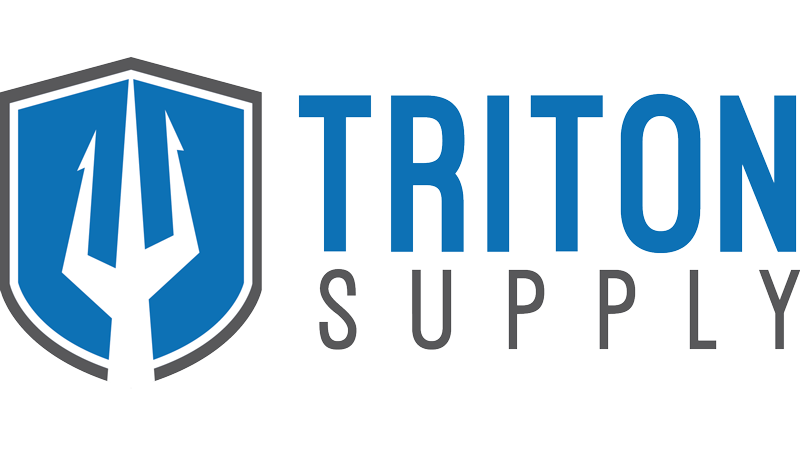Caregiver Burnout: How the Right Equipment Eases the Load
Caring for a loved one is an act of deep love and commitment. But it is also hard work. Many caregivers take on the role without formal training, trying to balance full-time jobs, family responsibilities, and their loved one’s daily care needs. Over time, this constant effort can wear down even the most devoted caregivers.
This is what we call caregiver burnout. It’s more than just feeling tired. It can show up as emotional exhaustion, irritability, physical strain, or a quiet sense of being overwhelmed. It happens gradually, often without warning, and can take a toll on both the caregiver and the person receiving care.
One of the most practical ways to prevent or ease caregiver burnout is by using the right tools. That’s where durable medical equipment (DME) comes in.
Taking Pressure Off Daily Tasks
Many caregiving tasks are physically demanding. Helping someone out of bed. Supporting them in the bathroom. Lifting or steadying them during transfers. Without proper equipment, these tasks can lead to back strain, joint strain, or even injuries.
Simple equipment can make a real difference:
- Transfer aids like gait belts, slide boards, or patient lifts reduce the physical strain of helping someone move.
- Bed rails and lift chairs help individuals reposition themselves, which means less lifting for the caregiver.
- Shower chairs and grab bars bring safety and stability to one of the most challenging spaces in the home.
By reducing the physical demands of care, equipment allows caregivers to stay healthy and focused on what matters most: being present and supportive.
Giving Back Time and Peace of Mind
When someone can use a walker, commode, or raised toilet seat independently, even for just one or two tasks each day, it creates breathing room for the caregiver. That time may be used for a shower, a meal, or a short rest. Over time, these small breaks become vital for mental and emotional balance. Independence for the care recipient often leads to better emotional well-being for both people. It shifts the dynamic from constant dependence to shared responsibility, which can bring a sense of relief and dignity.
Reducing Emotional Stress
Worry and stress are constant companions for many caregivers. Equipment can help reduce the “what if” anxiety that often comes with daily care. What if they fall in the shower? What if I’m not strong enough to help them out of bed?
Having the right tools in place doesn’t remove all risk, but it can bring comfort. It creates structure. It helps caregivers feel more prepared. And it sends a quiet message that support is available: they’re not in this alone.
Getting the Right Fit
Every caregiving situation is different. That’s why it’s important to work with a DME provider who will listen and help find the right equipment for your unique needs. Not everything has to be expensive or complicated. Often, small adjustments make a big difference.
If you’re not sure where to start, we’re here to help.
You Deserve Support, Too
Caregivers often put their own needs last. But caring well for someone else means making sure you’re also caring for yourself. That includes asking for help, taking breaks when you can, and using tools that lighten the load.
At Triton, we see caregivers as part of the care team. If we can help you find equipment that brings more safety, ease, or peace of mind, we’re ready to walk that path with you.

